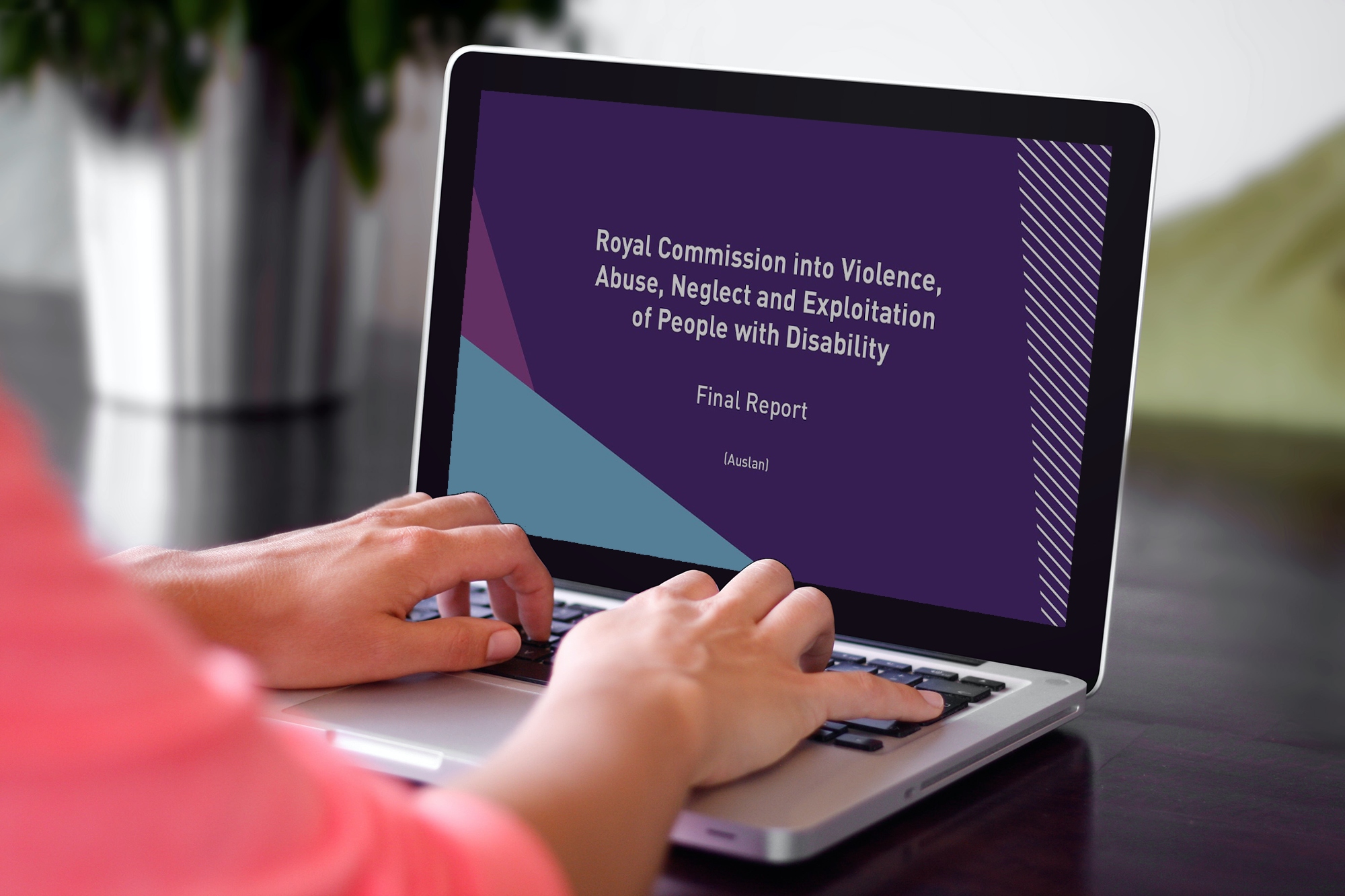On December 1, 2023, further changes to the Aged Care Act regarding provider governance will come into effect. The changes aim to strengthen the governance and leadership of aged care providers, while increasing the levels of accountability and transparency of aged care governing bodies. The culture and values of a provider are set at the top levels of the organisation, meaning that an effective and strong governance system is integral to the success of the organisation in practice.
Broadly speaking, the new requirements align with:
- Standards 6, 7, & 8 of the Aged Care Quality Standards; and, for those looking ahead,
- Standards 2 & 5 of the Strengthened Aged Care Quality Standards Pilot Draft.
Who has to comply?
Approved providers of residential, home and flexible aged care services must comply with the provider governance requirements, including providers involved in short-term, multi-purpose and transition care. Providers who became approved on or after 1 December 2022 will already be subject to these requirements, and any provider approved prior to this date must ensure compliance from 1 December 2023.
Providers operating under grant agreements such as the Commonwealth Home Support Programme (CHSP) or National Aboriginal and Torres Strait Islander Flexible Aged Care Program (NATSIFACP) are not required to comply with the provider governance changes. However, they should consider whether aspects of these requirements could be implemented in their organisation as best practice governance.
What are some of the key requirements?
Who’s on the governing body?
There are new requirements about the skills and qualifications of governing body members, designed to ensure that governing bodies have a strong mix of experience and expertise to drive the right culture and governance systems across the whole organisation. The key requirements are:
- The right mix of skills, experience and expertise: Providers should appoint board members who can challenge and analyse how the organisation operates, hold management to account, and who have skills and experience that are relevant to the services their organisation provides.
- Experience in clinical care: At least one member of the governing body must now have experience in providing clinical care, in order to provide insights and perspectives of their experience. The input they provide will be important guidance in making decisions about the clinical care operations of the organisation. The type of clinical experience required is not specified, as it will differ amongst providers, but it should be relevant to the care and services provided. For example, if a large proportion of the clinical care provided to older people involves physiotherapy, it would be good practice to have a person with physiotherapy experience as a Board member.
- Majority of independent non-executives: A majority of the governing body members must now be independent non-executive members. This change is designed to reduce conflicts of interest for those serving on boards, and ensure that decisions are made objectively and in the best interests of care recipients. There is no prescribed definition of “independent non-executive members”, so whether a person is independent or not will be a matter for each organisation to determine. Organisations should consider whether each candidate for Board membership is able to perform their duties independently, without the influence or conflict of any outside or personal interests. Some examples of people who would not be independent would include:
- Paid staff members of the organisation; and
- Owners of the organisation, including shareholders and employees of parent or holding companies.
Some providers don’t need to meet the governing body requirements
If a provider is one of the following, they are exempt from these requirements:
- Approved providers that are a state, territory or local government authority;
- Providers who have fewer than 5 members in their governing body and provide care to fewer than 40 care recipients; and
- Approved providers that are Aboriginal Community Controlled Organisations (ACCOs).
If these circumstances change, the organisation will be required to comply, for example if they begin to provide services to 40 or more care recipients.
Additionally, providers who cannot meet the governing body requirements may apply to the Commission for a determination, but this should only be attempted after exhausting all possible avenues for meeting the requirements, and is not designed to be a permanent exemption from compliance. In particular, providers in rural or remote areas might face greater difficulties in finding suitable members to serve on their governing bodies, although this is not an automatic justification for exemption. Organisations should use alternative attempts to facilitate compliance, such as online meeting software or networking with other providers in similar situations to find candidates, before making an application.
Advisory body requirements
The new changes set out various requirements for advisory bodies, specifically a quality care advisory body and a consumer advisory body. Advisory bodies are groups that assist governing bodies by providing advice and information about specific issues. They are separate from the governing body and don’t have the responsibilities of a governing body.
The quality care advisory body
This advisory body is designed to support the governing body with their decision-making and continuous improvement, by identifying and reporting on any issues of concern relating to the quality of the care provided by the organisation.
The quality care advisory body must provide a written report to the governing body at least every 6 months, and can also provide feedback at any other time. The report will be based on the quality care advisory body’s review of a range of performance indicators, including:
- Feedback and complaints about the quality of care;
- Any regulatory action taken, or performance reports provided, by the Commission;
- The organisation’s progress against its continuous improvement plan;
- Information about staffing arrangements;
- Any reportable incidents; and
- Feedback and details about the quality of food provided (for residential aged care providers).
The governing body must provide a written response to feedback and reports from the quality care advisory body, in which it responds to the issues identified and sets our proposed actions to address those issues.
Organisations don’t need to create a new body for this purpose if an existing body or group meets all the requirements and performs the same functions. Membership of the quality care advisory body must include:
- a member of the organisation’s key personnel (ideally not someone who is on the governing body) who has experience providing aged care;
- a staff member who is directly involved in providing aged care or clinical care services; and
- a member representing the interests of older people/care recipients (for example, a care recipient, family member, carer or representative).
It is recommended that the chairperson of the quality care advisory body is independent, and not an executive of the organisation.
The consumer advisory body
At least once every 12 months, organisations must make a written offer to older people to establish a consumer advisory body, and invite them to join it (or to join an existing consumer advisory body, if one or more already exist). It is not mandatory to actually have a consumer advisory body, however it is mandatory to make the annual offer in writing to establish one.
This body provides the governing body feedback, concerns and suggestions from the consumer perspective, highlighting areas of focus that the governing body may otherwise miss, and helping to incorporate the views and wishes of consumers into how services should be designed and improved . Issues, concerns and feedback a consumer advisory body provides must be considered by the governing body in their decision-making and continuous improvement processes, and a written report must be provided to the consumer advisory body explaining how their feedback has been considered.
Additional provider governance changes
- Governing bodies need to make sure their staff have appropriate skills, qualifications and experience to fulfil their roles when delivering aged care services, including providing staff withy professional and skill development opportunities; and
- Organisations that are a wholly-owned subsidiary of another body corporate (known as a holding company) which is not an approved provider must ensure their constitution requires company directors to act in the best interest of older people rather than prioritising the interests of their holding company.
Commission resources
The Aged Care Quality and Safety Commission has created several fact sheets on provider governance changes:
They have also published responses to common questions about the new governing body requirements, which could be a good place to start if you have further questions about how the governing body requirements and determination process work.
BNG resources
We’ve created 5 new templates and revised some of our existing policy documents to help providers with their new governance requirements:
- Template: Consumer Advisory Body Terms of Reference
- Template: Invitation to join Consumer Advisory Body
- Template: Written response to Consumer Advisory Body Report
- Template: Quality Care Advisory Body Terms of Reference
- Template: Written response to Quality Care Report
- Policy: Provider Governance (Aged Care)
These new resources join our existing package of provider governance resources that we released in late 2022, which includes:
- Policy: Key Personnel
- Template: Key Personnel Suitability Checklist
- Template: Key Personnel Declaration and Undertaking
- Template: Governing Body Requirements Checklist
We also have a whole range of aged care self-assessment modules in SPP including for:
- The current Aged Care Quality Standards
- The Strengthened Aged Care Quality Standards Pilot Draft
- Clinical Governance
- The Aged Care Prudential Standards
- The Aged Care Code of Conduct
- Provider Governance Reforms
Ensure you're ready for provider governance reform.
Sign up to SPP for all the resources you need to help your organisation’s provider governance compliance!


